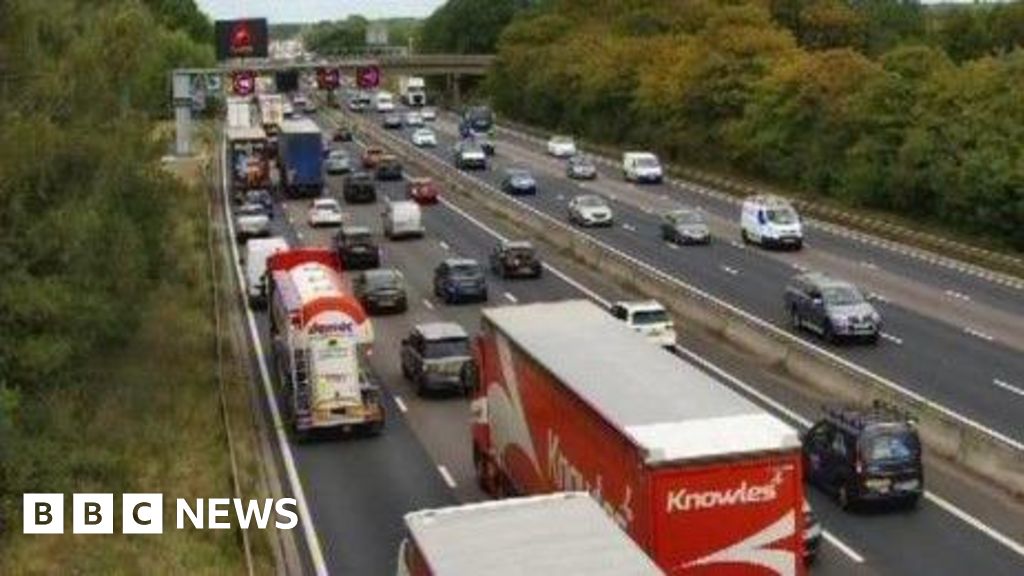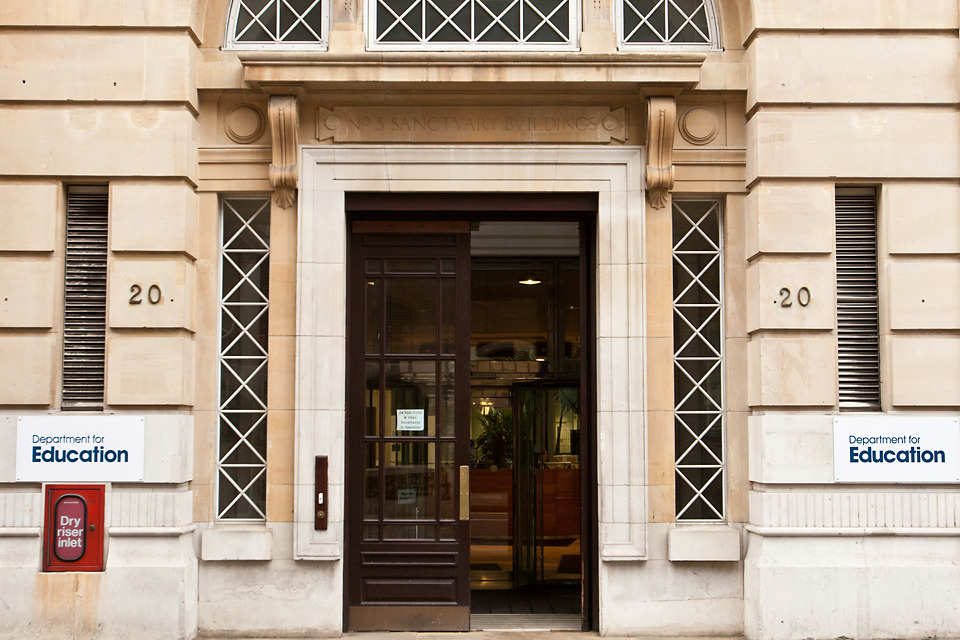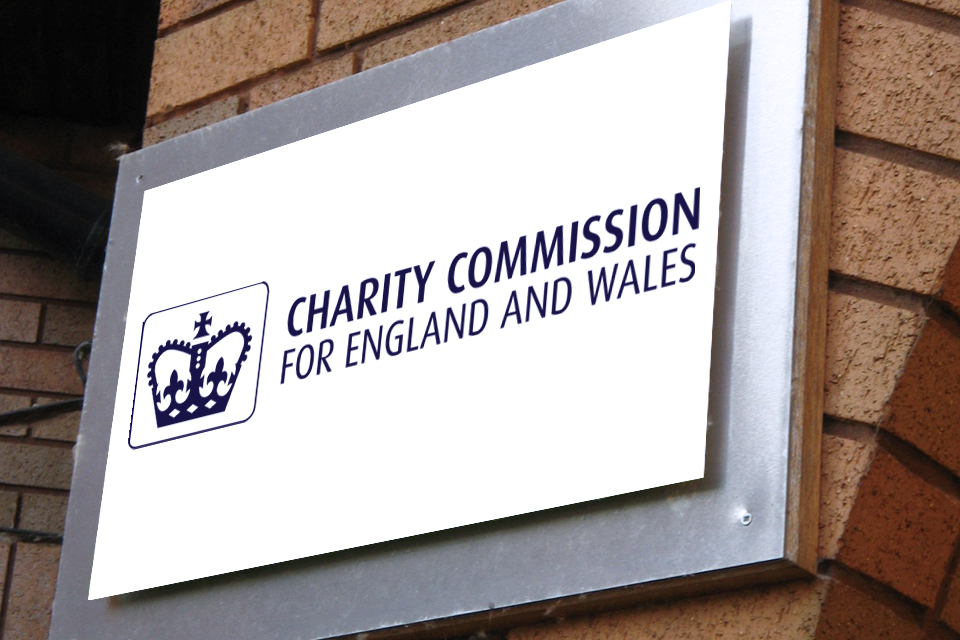Thousands of families across the country are already benefitting from the government’s flagship free breakfast club programme, with two million meals served in its first term.
The programme, which is set to give parents almost 100 hours back each year and save up to £450 in childcare costs, is one in a number of government measures to back working families, with new data revealing the benefits felt by parents and children.
The 30 minutes of free childcare give parents extra breathing space in busy mornings, allowing them to get to work easier, make time for appointments and help them juggle family life. According to the latest parent poll over half (59%) say the cost saving would motivate them to use a free breakfast club, and eight in ten say breakfast clubs help them to get to work on time and drop their kids off at school more easily.
The rollout delivers on the government’s manifesto promise to ensure state schools offer free breakfast clubs to all pupils, while supporting its Plan for Change milestone to ensure tens of thousands more children start school ready to learn.
Free breakfast clubs can make a significant impact on children’s attendance, behaviour and attendance, and the latest findings show this being felt on the ground. A third of parents think their children focus better in lessons (31%) and almost half think it’s easier to get their child out of bed and into school (48%).
The top draws for children going to a breakfast club are seeing friends (69%) and playing before school (63%), backing the government’s intention to enable a supportive start to the school day. And children get to enjoy their top breakfast picks, leading with cereal (39%), followed by toast (32%) and fruit and yoghurt (8%).
It comes alongside wider action the government is taking to tackle the cost of living including increasing the National Living wage, extending free school meals to all children in households on Universal Credit – saving parents £500 a year – and expanding the Warm Homes Discount to save £150 for 6 million families next winter.
Bridget Phillipson, Education Secretary, said
“This milestone in our Plan for Change will make all the difference to working families, as every child deserves the chance to start the day supported and ready to learn.
“That’s why we are determined to break the link between background and success – delivering two million meals in the first term of free breakfast clubs, making an immediate and direct impact and easing the pressures on working families. We know parents are living busy lives, juggling family time and jobs, so I urge all parents who can to make use of the clubs.
“Coupled with the historic step to tackle child poverty through offering free school meals to every single child who’s family claim Universal Credit and legislating cost saving measures such as a branded uniform cap, we are delivering the change families deserve.”
This government has set out a clear commitment to break down barriers to opportunity for every child, with breakfast clubs proven to boost children’s reading, writing and maths by an average of two months.
Annika Fox, mum of two children aged 6 and 2 years old said
“The government’s free breakfast clubs have been a lifesaver to help me balance motherhood and work.
“As a full-time executive assistant, and often being the only adult in the house, I have to juggle getting two small kids ready for the day – all prior to commuting into London three times a week!
“The club gives me the flexibility I need, tripling the time I have to make drop off in the morning and making sure that my son isn’t rushed in the morning.”
Michael Lobo, Headteacher at St Patrick’s Catholic Primary School said
“The funding for the free breakfast clubs has been instrumental to expanding our provision and offering children fun activities – like table tennis!
“For us, we’ve seen an improvement in punctuality for children attending school, as it gives a bigger window for parents to make drop off and lets them stagger their arrival with traffic.
“Our clubs mean children are settled, calmer in the mornings and engaged, ready to learn. It has been particularly valuable for children with SEN and anxiety.”
Free breakfast clubs in the early adopter schools will shape the future of the national breakfast club policy, contributing directly to its implementation. Further details on the national rollout of the breakfast clubs programme will follow in due course.
NOTES TO EDITORS
-
The government has committed to fund free breakfast clubs in every primary school in England.
-
Six in 10 parents say a free breakfast club would make them more likely to send their child to school – see HERE
-
An Education Endowment Foundation (EEF) impact evaluation of the Magic Breakfast programme found that offering pupils in primary schools a free, universal, before-school breakfast club which includes a breakfast can boost their reading, writing, and maths attainment by an average of 2 months’ additional progress in Key Stage 1.
-
Research shows that breakfast clubs can improve concentration, behaviour, and attendance, leaders and teachers have confirmed this, alongside findings from the National School Breakfast programme.
-
Estimates of May pupil take-up for early adopter schools can be found here
-
All other new parent data included has been gathered by MadeForMums Breakfast Clubs Survey (June 2025, 279 respondents) – see here.
-
For more information about the free breakfast clubs programme, visit Free breakfast club roll out everything you need to know – The Education Hub.
-
The early adopter scheme started at the beginning of the summer term, this was 22nd April for most schools







